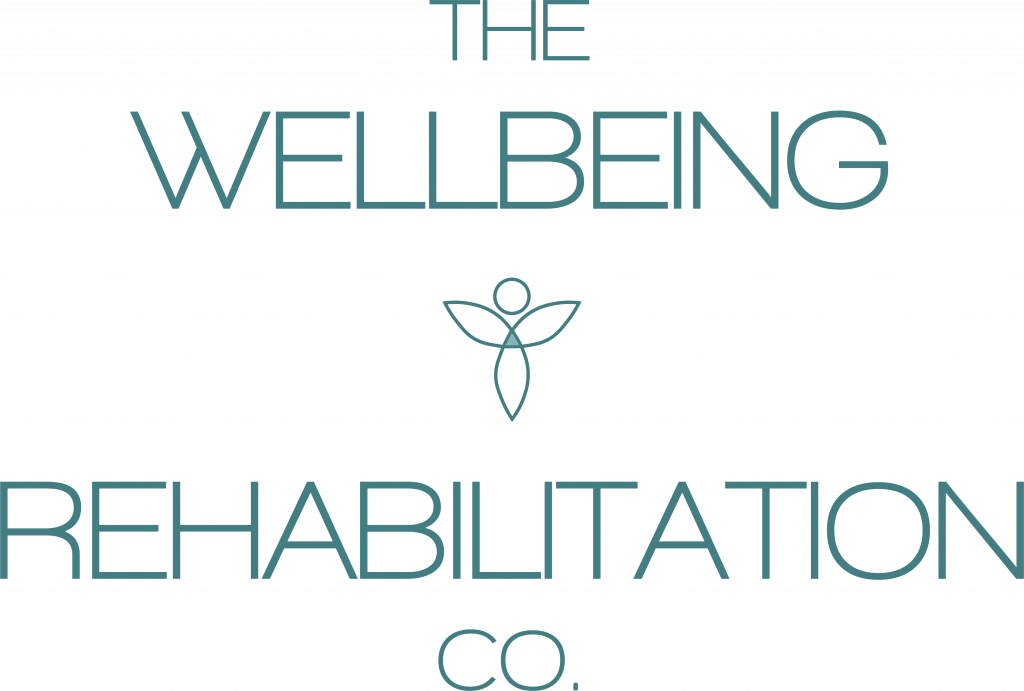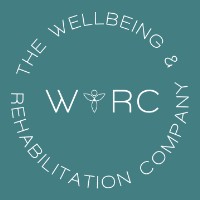
The Hidden Link: How Mental Health and Back Pain Are Deeply Connected
Back pain is one of the most common health complaints worldwide. At the same time, anxiety, stress and depression are affecting more people than ever. At first glance, these issues might seem unrelated—one is physical, the other emotional. But in reality, mental health and back pain are deeply connected.
Understanding this relationship is essential for treating both effectively. Let’s explore how mental health influences back pain, how pain affects mental well-being and what can be done to manage both.

- The Mind-Body Connection: How Mental Health Affects Your Back
Stress and anxiety don’t just affect your mood—they create real physical changes. When you’re under constant stress, the body releases hormones like cortisol and adrenaline. These trigger the fight-or-flight response, which leads to muscle tension, rapid heartbeat and shallow breathing.
How this contributes to back pain:
- Muscle tension: Stress causes muscles to tighten, especially around the neck, shoulders and lower back.
- Postural issues: Anxiety or low mood can lead to slouching, reduced activity or poor body mechanics.
- Lowered pain threshold: Mental health challenges like depression can make the body more sensitive to pain signals.
2. When Pain Impacts the Mind: How Back Pain Affects Mental Health
Living with ongoing back pain doesn’t just affect the body—it takes a toll mentally and emotionally too. Pain can interfere with sleep, limit mobility and disrupt daily routines, all of which contribute to mental distress.
Common effects on mental health:
- Depression: Chronic pain can lead to feelings of hopelessness, especially when it limits independence.
- Anxiety: The fear of triggering or worsening pain can result in reduced movement or social withdrawal.
- Irritability and fatigue: Long-term discomfort often leads to poor sleep and low energy, which impact mood and concentration.
This creates a cycle—pain fuels stress and low mood, which in turn heighten pain perception and reduce coping ability.
- What to Do About It
Managing both back pain and mental health often requires a multidisciplinary approach. Rather than addressing just one part of the problem, combining physical treatments with emotional support tends to be more effective in the long term.
Helpful approaches include:
✔️ Physiotherapy
Working with a physiotherapist can help identify movement patterns or weaknesses contributing to pain. Tailored exercises and hands-on therapy can improve mobility and reduce physical strain.
✔️ Sports Massage
Massage therapy can relieve muscle tension, reduce stress and support relaxation. It’s particularly effective for people whose pain is related to tightness or postural imbalances.
✔️ Movement-Based Classes
Practices like yoga, Pilates and strength training can support spinal health, improve flexibility and promote a stronger connection between body and mind. These activities are also known to reduce stress and improve mood.
✔️ Counselling and Psychological Support
Talking with a counsellor or therapist can provide valuable tools for managing the emotional impact of pain. Cognitive behavioural strategies, stress reduction techniques and emotional support all play a role in recovery.
A combined focus on movement, physical treatment and mental health support gives people a better chance of managing pain and improving quality of life.
Final Thoughts
The connection between mental health and back pain is real and significant, but often overlooked. Addressing both sides of the issue is essential for true, lasting relief.
Pain isn’t just physical, and mental health isn’t just emotional. Both affect how the body feels, how it moves and how it heals. Whether you’re dealing with stress-related tension, chronic pain or the emotional toll of limited mobility, a well-rounded approach can make all the difference.
If you’re looking for support, consider booking in for physiotherapy, sports massage, or counselling, or joining a movement class such as Pilates, yoga or strength training. Taking that first step could be the start of meaningful, long-term improvement..
Book a free 15-minute intro call today.
Call us on: 0161 676 0341
Email: info@wellbeing-rehab.co.uk
Or drop us a message to book your first session or find out more.

Specialist providers of clinical and wellbeing services designed to meet your individual health needs.